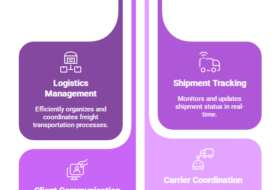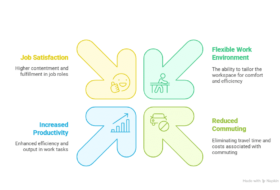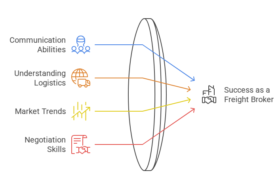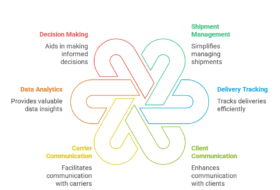The pandemic exposed how unprepared the world seemed to be in the face of such a crisis, underscoring the urgent need to invest in risk management and emergency response preparedness in transport and logistics.
Future-proofing the maritime supply chain and managing risks requires greater visibility and agility of door-to-door transport operations.
UNCTAD expects maritime trade growth to return to a positive territory and expand by 4.8% in 2021, assuming world economic output recovers. But it highlights the need for the maritime transport industry to brace for change and be well prepared for a transformed post-COVID-19 world.
“The global shipping industry will be at the forefront of efforts towards a sustainable recovery, as a vital enabler of the smooth functioning of international supply chains,” UNCTAD Secretary-General Mukhisa Kituyi said. “The industry must be a key stakeholder helping adapt ‘just-in-time efficiency’ logistics to ‘just-in-case’ preparedness,” he added.
To cope with pandemic-related disruptions, players in the maritime sector adjusted their operations, finances, sanitary and safety protocols as well as working practices and procedures.
Freight rates remained at stable levels despite the depressed demand. From the perspective of shippers, these strategies meant severe space limitations to transport goods and delays in delivery dates.
In addition, several governments, through their border agencies, port authorities and customs administrations, made reforms to keep trade flowing while keeping people safe.
Demand for sea shipping has rebounded as lockdowns ease and the US seeks to prepare for the pandemic to worsen in the winter, along with high demand for goods in the holiday season.
Growth + Change = Opportunity! How are you going to capitalize on the opportunity as a freight broker, agent or dispatcher?
Check out our courses for becoming a Freight Broker, Agent or Freight Dispatcher! As always reach out to us with any questions we are here to help 7 days a week!








